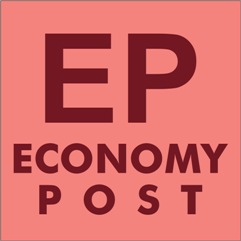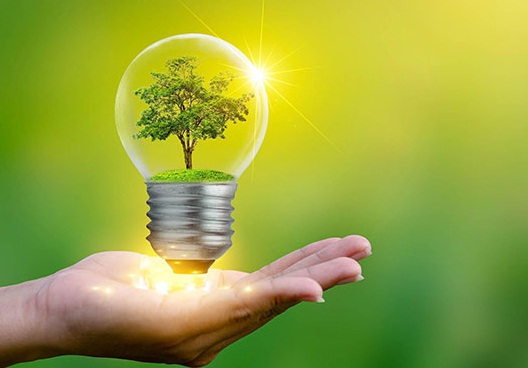Virendra Singh Rawat / Lucknow
India needs a massive investment to the tune of Rs 8 trillion in the next 5-7 years towards energy conservation projects and to optimise available energy resources.
According to Vishal Kapoor, the CEO of Energy Efficiency Services Limited (EESL), the purported investment was needed across the energy consumption chain, especially in the health, education, micro small and medium enterprises (MSME) segments.
However, the mopping up of such magnitude of funds would require forging of partnerships among the different government and private sector entities to realise the domestic energy efficiency and conservation goals.
EESL, a joint venture firm under the union ministry of power, is a Super ESCO (Energy Service Company) promoted by the central government. EESL is actively involved in the smart metering and urban street lighting projects across the states.
“We are already in the process of approaching the ministries of higher education, health, defence etc for carrying out energy saving projects,” Kapoor said while addressing a roundtable conference in Lucknow on the theme of ‘Leveraging ESCO Model for Energy Savings for High Energy Consumers and Role of Energy Efficiency in Achieving Net Zero Target’.
He claimed nearly 60 percent of the energy demand came from the cooling domain, which therefore required a dedicated approach including standardisation of products and processes.
Kapoor batted for big ticket energy saving projects to achieve economies of scale and reorient the efforts for greater benefits.
The event was organised by Lucknow Management Association (LMA) on Wednesday. A few case studies of successful ESCO projects were also presented during the conference.
The roundtable deliberated on leveraging the ESCO Model to reduce energy consumption through investments by the ESCOs in energy saving measures without upfront cost to consumers. Typically, ESCOs recoup their investment from savings in energy cost.
Other speakers included Ajay Mathur Director General International Solar Alliance and Atul Bagai, Country Head UN Environment Programme.
The panelists comprised Lt Col Bipin Puri, Vice Chancellor King George’s Medical University (KGMU); Abhihek Sharma, Joint Director, Bureau of Energy Efficiency (BEE); Satish Kumar, President, Alliance for an Energy Efficient Economy (AEEE); A K Mathur, Vice President, LMA; and representatives of UP New and Renewable Energy Development Agency (UPNEDA).
Energy efficiency is the fastest, cheapest, and cleanest way for India to sustainably match its energy demands and avoid a severe energy crisis.
Avoiding excess energy use also opens up opportunities to provide electricity to the segment of India’s population that has no or unreliable access to energy.
Energy efficiency is a concern not only for the emerging countries like India but for all industrialised countries of the world.
It is critical especially for high energy consumers like large government, private, commercial, and residential building complexes, industries, power stations, universities, hospitals, municipalities etc.
When energy efficiency became a national concern, the Centre enacted the Energy Conservation Act, 2001and set up the BEE in March 2002 under the provisions of the Act.
Lucknow-based CMS launches global education platform
A 2019 study by the International Energy Agency (IEA) says energy efficiency is a key resource for economic and social development across all economies. To this end, customers around the world have increasingly enlisted the help of specialist ESCOs to design and implement energy savings measures (ESM) at their premises.

